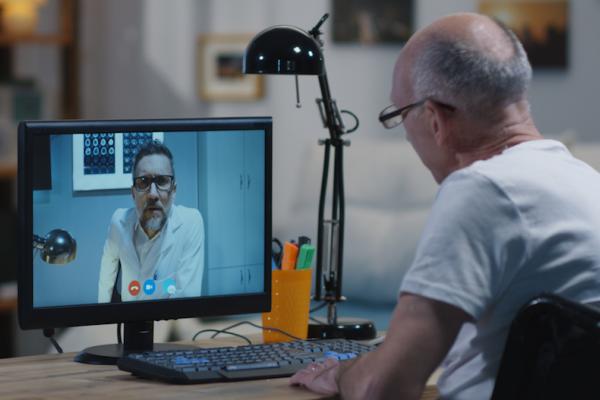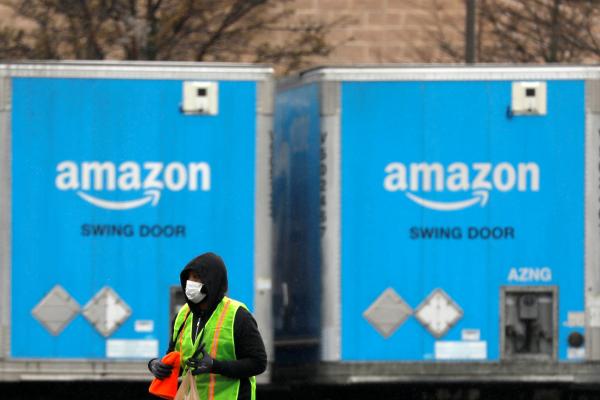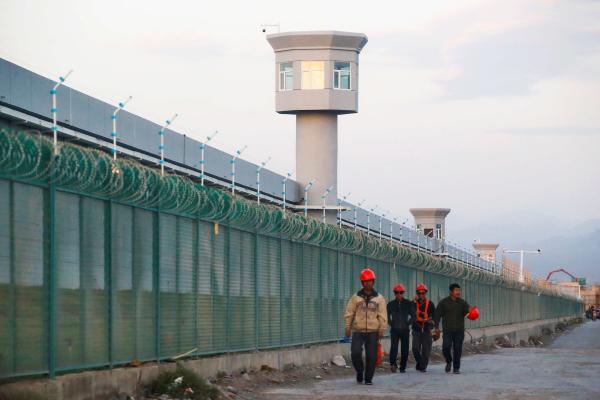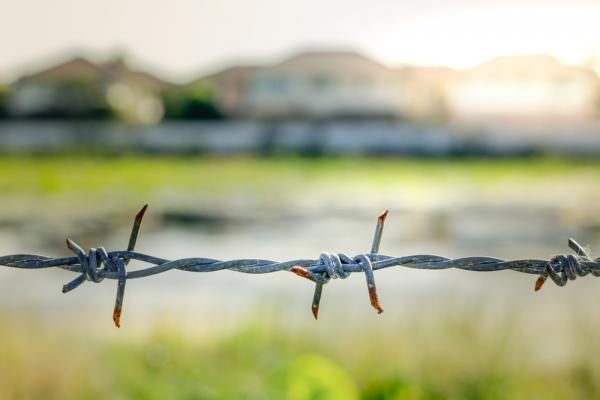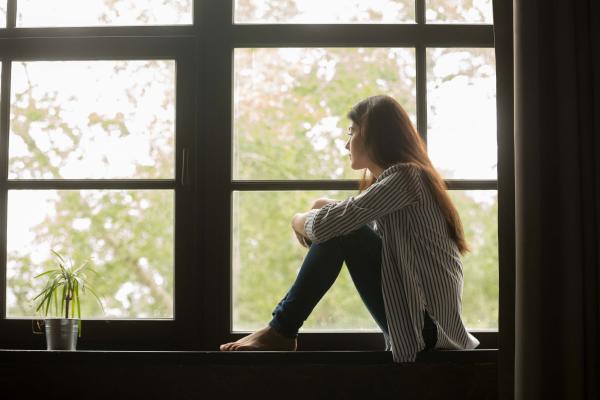All of us are living into new daily rhythms. While that alone is disorienting, we are already moving from a life of daily inconvenience to one of fear. Institutions from sports to conferences to schools have transformed overnight. Many of our children — both schoo-age and young adults — are now home with us, which requires its own adjustments. And many, many people are finding themselves abruptly and unceremoniously out of work, with uncertain prospects for future paychecks as social distancing measures continue for an unknown length of time. Amid this, we must not let fear become a way of life. We remember the words of Jesus: Love can cast out fear. Leaning into love and learning what it really means to love our neighbors in this crisis will be crucial to our collective health and survival.
If you’re more tech savvy, socially networked, or otherwise resourced than your aging parents, you may be tempted to believe that you’re responsible for the way they will weather this season of COVID-19. Invite your loved ones into a conversation that honors all their experience and wisdom. At the same time, be mindful that even though they are your parents, they may need your help taking necessary precautions. Together you can discover and implement measures that support them during these uncertain days.
The federal government is big, and it intervenes. The question is, for whom?
The Congressional-Executive Commission on China released a report last week in conjunction with the bill’s unveiling, saying that Xinjiang authorities are “systematically forcing predominantly Muslim ethnic minorities, including Uyghurs, Kazakhs, and others, to engage in forced labor.”
We don’t have to guess at the damage that will be caused by financial barriers to care.
Ed Gramlich, a housing policy adviser at the National Low Income Housing Coalition, said jurisdictions had to analyze impediments to fair housing choice in their communities, but these reports were often not well-written or “just sat on a shelf because the community didn’t even know they existed.”
On March 7, our rector, Tim Cole, was diagnosed with COVID-19, the disease caused by the new coronavirus. Sleepless nights and frenzied days followed. The pace has been relentless. My concern for our community, especially its most vulnerable, my family, and my own health have left me tender and, at times, fearful. Yet, through it all, God remains close and grace abounds. While I am limited to phone calls and video chats, I have never felt closer to my people. We have whispered our fears, laughed at our misplaced anxieties, and committed ourselves to being church, even without our beloved building and cherished traditions.
Our new normal in a time of coronavirus: pastoring, loving our neighbor, preserving mental health, and more.
As I write this piece, my sons are not at school but home with me, because their elementary school decided to start Spring Break three days early to slow possible transmission of the virus and keep the community as safe as possible. While this has caused some inconvenience, I realize just how fortunate I am — I can work from home when needed and I have access to both sick leave and personal days. This is not the case for the majority of workers in the country. Congress will likely be voting soon on the Families First Coronavirus Response Act, which would provide urgently needed funding and provisions for free testing, three weeks of paid sick leave, unemployment insurance, supplemental food stamps, and nutritional support to kids who depend on school lunch. I’m hopeful and prayerful that the White House and Congress can transcend politics in this moment and pass this bill, because the virus knows no party and a bolder response is overdue.

